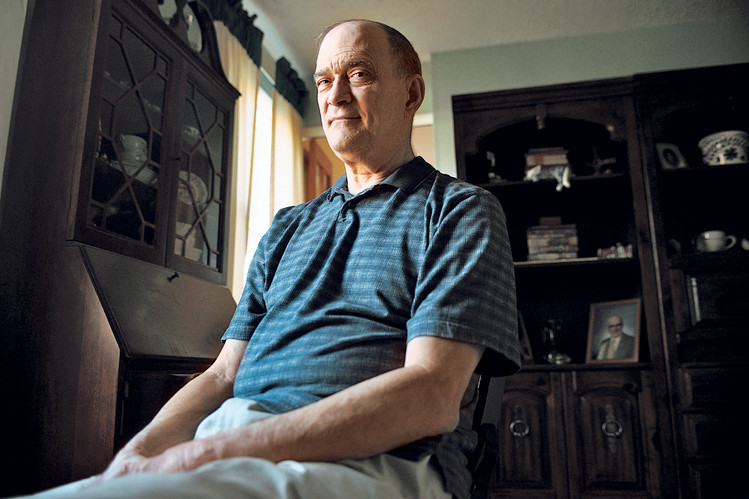In the course of reporting my Wall Street Journal article about NSA whistleblower Bill Binney, I interviewed filmmaker Laura Poitras about her relationship with Binney and how it led to her meeting Edward Snowden. Here is a transcript of our exchange:
Q: What sparked your first interest in Bill Binney?
A: I first learned about Bill in 2011 from Jane Mayer’s New Yorker story on NSA whistleblower Thomas Drake. The article focused on the government’s effort to prosecute Tom under the Espionage Act. In the article, Bill went on the record for the first time in order to defend Tom. He said something that really struck me – he wanted to apologize to the American people for helping build tools now being used to spy on them.
I got Bill’s phone number after reading the article, but it took me a few days to call him. I knew I couldn’t call a former top level NSA crypto-mathematician turned whistleblower without flipping a switch. When I finally called, Bill said something like: “Yes, I’ll speak to you. I’m sick and tired of my government breaking the law and harassing me.”
I imagine that conversation is sitting in a data repository somewhere.
Q: At the time that you reached out to Bill, it was difficult to substantiate the allegations he was making. What made him credible to you?
A: There was no question about Bill’s position in the NSA. By all accounts, he was a legendary mathematician. His eyewitness account of what happened after 9/11 is very compelling and supported by other reports.
I met Bill on the eve of Tom’s trial in 2011. Bill was eager to testify in Tom’s defense because he wanted to be placed under oath and tell the court what he knew about STELLARWIND – NSA’s post 9/11 domestic spying program. Bill didn’t get the opportunity to testify because the government reduced the charges against Tom from espionage (and 35 years in prison), to a misdemeanor.
I think Bill is still hoping to testify under oath someday.
Q: You published your op-doc about Binney “The Program” on August 22, 2012. What prompted you to break off the piece about Binney and publish it prior to your film being completed?
A: I decided to make “The Program” for a couple reasons: First, Bill’s health was bad and I didn’t know how long he’d be with us. He had taken so many risks to speak out that I felt an urgency to make public his warnings. Second, the FISA Amendments Acts (FAA), was up for renewal in December 2012, and there was little public debate or interest about the bill and its renewal. For these two reasons, I felt the story couldn’t wait for me to finish the longer film, so I approached the NYT to make the short op-doc.
Q: Is it correct that Edward Snowden reached out to you because of the Binney documentary?
A: I can’t speak for Snowden’s decision-making process, but he did tell me he learned of my interest in NSA surveillance from the op-doc I made about Bill.




